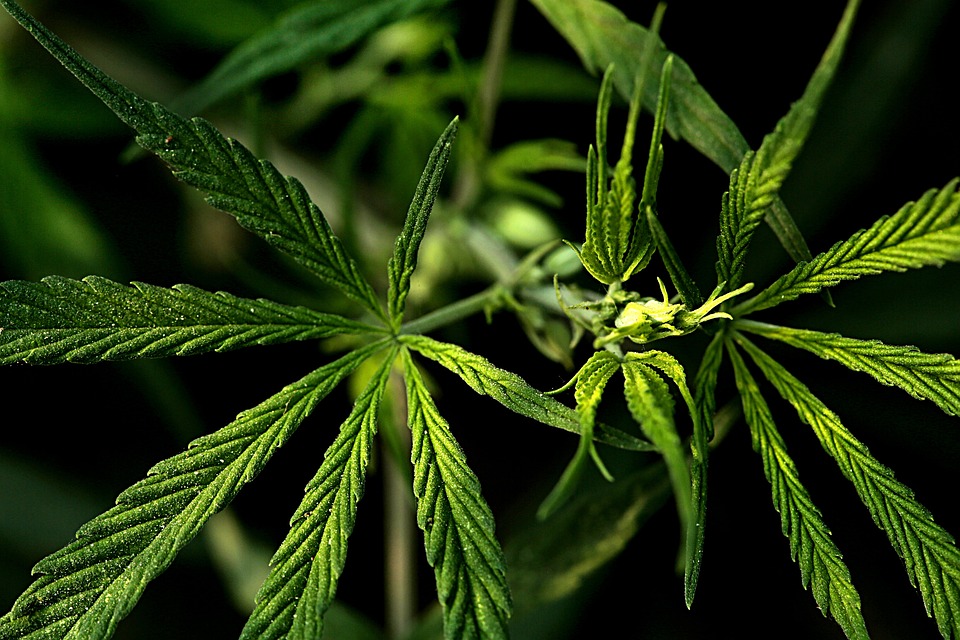Breaking Ground: How Growing Hemp is Revolutionizing Agriculture
In recent years, the cultivation of hemp has gained momentum as a sustainable and versatile crop. Hemp, a variety of the Cannabis Sativa plant, has been used for thousands of years for its fibers, seeds, and oils. However, due to legal restrictions and misconceptions surrounding the plant, hemp farming has been largely underutilized. But as more countries legalize the cultivation of hemp, a new era of agriculture is dawning.
The Benefits of Growing Hemp
One of the main benefits of growing hemp is its environmental sustainability. Hemp requires minimal water and no pesticides to thrive, making it a more eco-friendly alternative to traditional crops. Additionally, hemp has a fast growth rate, allowing farmers to harvest multiple crops in a single year. These qualities make hemp an attractive option for farmers looking to reduce their environmental impact and increase their yield.
The Versatility of Hemp
Another key advantage of growing hemp is its versatility. Hemp can be used to produce a wide range of products, including textiles, paper, biofuels, and even building materials. Hemp fibers are strong and durable, making them ideal for use in clothing and industrial applications. Hemp seeds are rich in nutrients and can be used to produce oil, protein powder, and even milk. With so many potential uses, hemp offers farmers a diverse range of income streams.
The Legal Landscape of Hemp Farming
While hemp farming has been illegal in many countries for decades, recent changes in legislation have opened up new opportunities for farmers. In the United States, the 2018 Farm Bill legalized the cultivation of hemp at the federal level, leading to a surge in hemp production across the country. Other countries, such as Canada and Australia, have also legalized hemp cultivation, creating a global market for hemp products.
Conclusion
As the demand for sustainable and versatile crops continues to grow, hemp farming is poised to revolutionize agriculture. With its environmental benefits, versatility, and changing legal landscape, hemp presents a promising opportunity for farmers around the world. By breaking ground and embracing hemp cultivation, farmers can not only improve their bottom line but also contribute to a more sustainable future.
FAQs
1. Is hemp the same as marijuana?
No, hemp and marijuana are two different varieties of the Cannabis Sativa plant. While they are related, hemp contains very low levels of THC, the psychoactive compound found in marijuana.
2. Is hemp farming profitable?
Yes, hemp farming can be profitable due to the high demand for hemp products and the low input costs associated with growing hemp.
3. What are some of the challenges of hemp farming?
Some of the challenges of hemp farming include the lack of infrastructure for processing hemp fibers and seeds, the variability in regulations from state to state or country to country, and the limited access to certified hemp seeds.


Comments are closed.